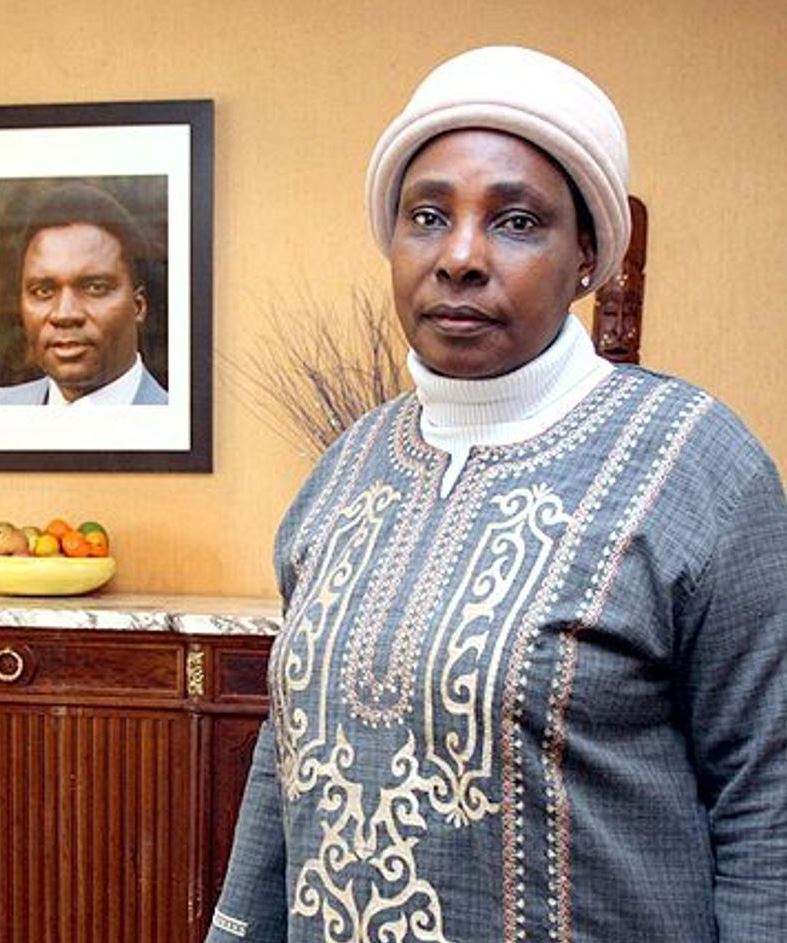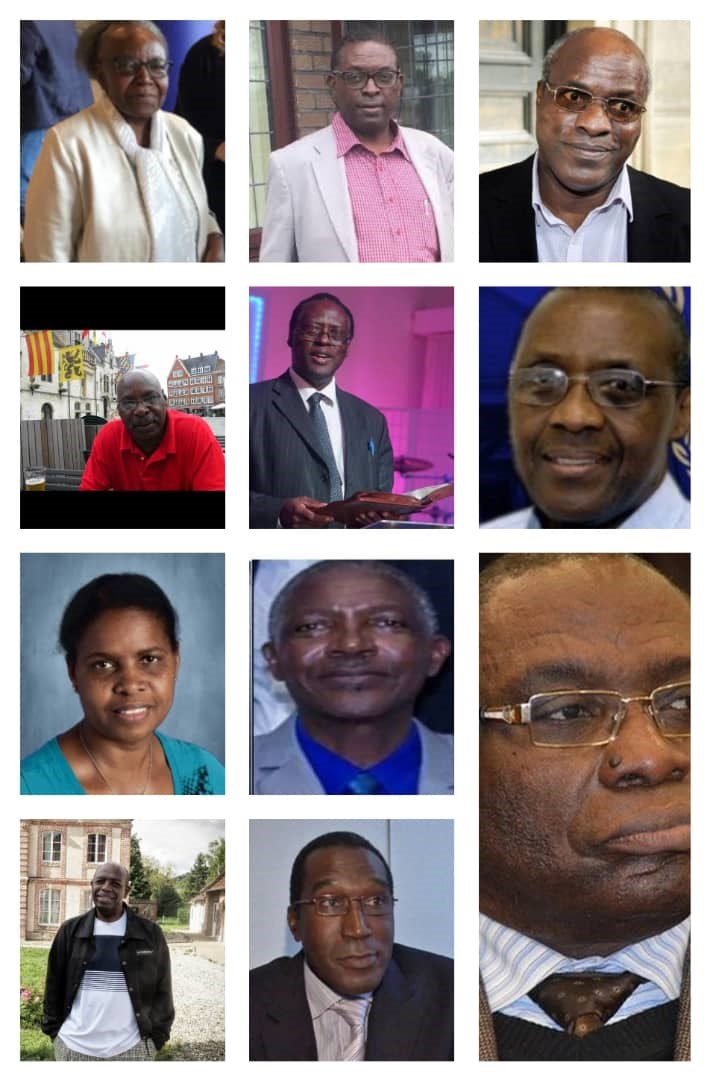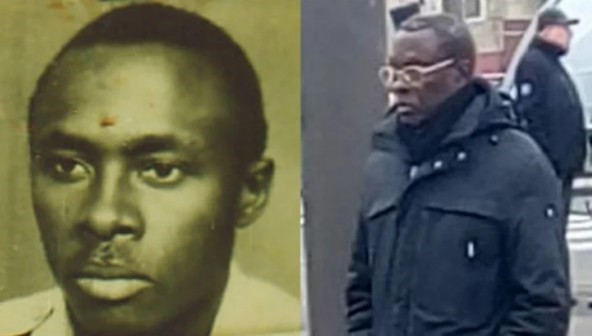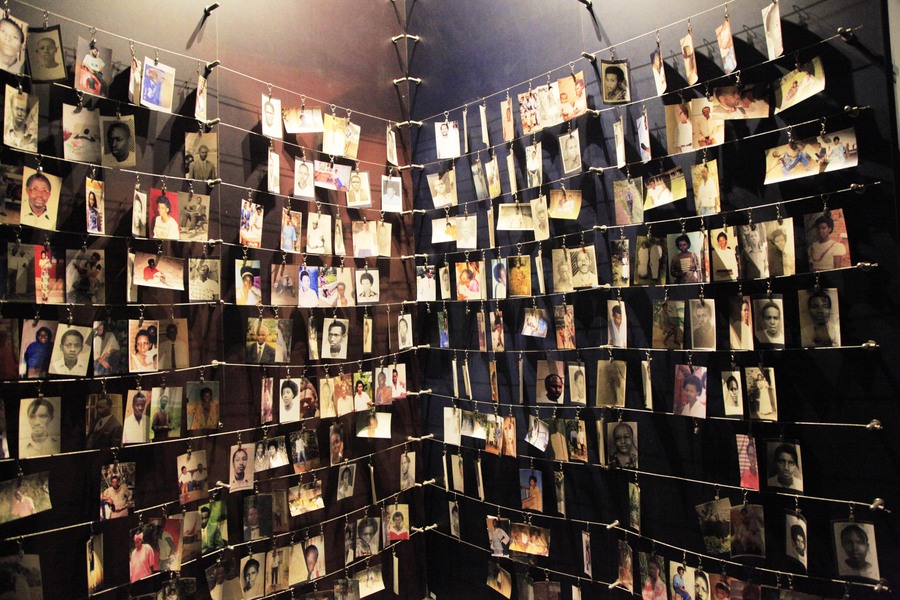International
France's stance on DRC crisis a big concern

The last two UN Security
Council sessions on the insecurity situation in the east of the Democratic
Republic of Congo were convened at the request of France.
France utilized the same Security
Council, in 1994, to initiate a humanitarian mission in Rwanda known as
“Operation Turquoise” which orchestrated the exfiltration of the genocidal
government, along with thousands of armed soldiers and militia responsible for
the 1994 Genocide against the Tutsi in Rwanda.
France, however, fails to
address the root causes of insecurity in eastern DRC, serving as a significant
factor in the unstable situation. The Security Council was exploited in 1994 to
advance political interests, particularly to support France’s key ally, the
then Rwandan President Juvénal Habyarimana, and his genocidal regime.
In its communique on the DRC,
dated Feb 20, 2024, France highlighted the collaboration between the Armed
Forces of the Democratic Republic of the Congo (FARDC) and FDLR, a militia
group operating in eastern DRC. The militia was formed by remnants of the
perpetrators of the 1994 Genocide against the Tutsi in Rwanda.
Unfortunately, the communique
echoed President Felix Tshisekedi's narrative that Rwanda supports the M23.
France bears responsibility
for the armament of the FDLR, as disclosed by Lt Col Guillaume Ancel, a French
officer who participated in Operation Turquoise.
In 2018, Ancel wrote a book
titled: "Rwanda: End of Silence," which revealed the receipt of
orders to supply arms to genocidaires already armed in Congolese refugee camps.
"We were asked to deliver
weapons to the perpetrators of genocide in the refugee camps. I witnessed one
of these deliveries in the second half of July 1994. Upon my return from an
extraction operation gone wrong, the deputy commander of the detachment
requested me to divert journalists' attention, stating, 'a convoy of weapons is
going to leave for Zaire," he wrote.
Ancel questioned this action
during the debriefing, but he received a vague response, as the approach was an
order from Paris.
"I did what he asked
because I didn't have time to react more than that. During the debriefing that
evening, which was notably tough, I sought explanations. The commanders
explained that we were delivering weapons to those who had carried out
massacres to prevent them from turning against the French army. It became clear
they were following directives from the highest levels of the State,"
Ancel explained.
Since 1994, France has never
called for the disarmament of the FDLR militia it helped to arm.
Movements like the M23 emerged
as a survival response against the FDLR which was backed and armed by France.
The Congolese Tutsi targeted
by FDLR militia armed by France, sought refuge in neighbouring countries
With arms supplied by France,
the FDLR established control over a significant Congolese territory,
administering it, collecting taxes, and exploiting natural resources to fund
their illicit activities. France is fully aware that the family members of
FDLR’s senior officers in European countries benefit economically from these
illicit activities.
The FDLR spreads genocide
ideology in DRC, resulting in targeted killings of Congolese Tutsi.
The current level of genocide
ideology in DRC has reached alarming proportions, evident in high-level
politicians, civil society platforms, military personnel, academicians,
journalists, and even children who should have stayed away from politics.
France, as a main actor,
should use its influence in the UN Security Council to address the real cause
of insecurity in eastern DRC, rather than diverting attention from other
countries unfamiliar with the situation.
In 2013, France used its
influence in creation of the Force Intervention Brigade (FIB) that battled the
M23. However, France remained silent when the M23 spent almost a decade in
refugee camps in Rwanda and Uganda, while FDLR continued persecuting the
Congolese Tutsi.












